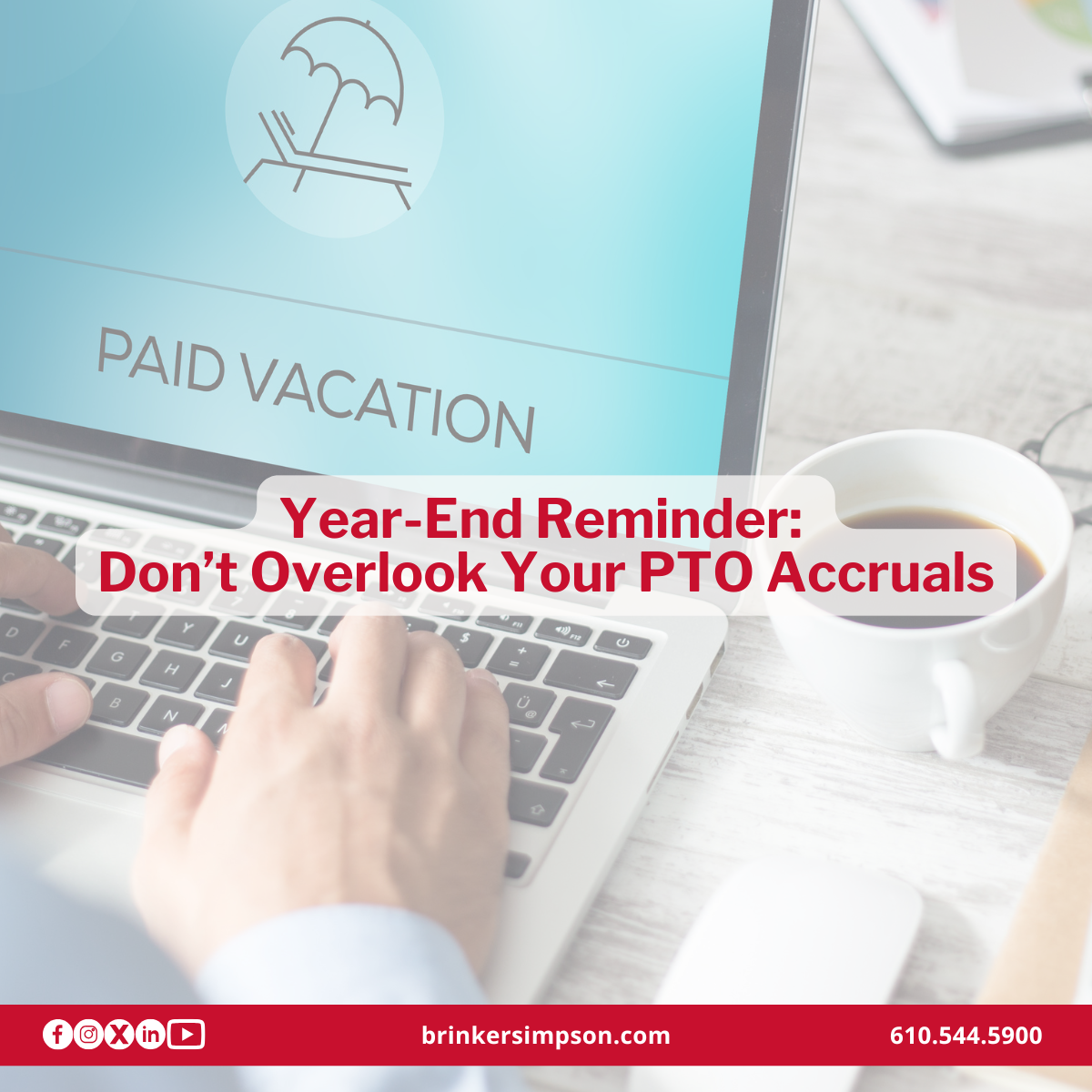The next quarterly estimated tax payment deadline is June 15 for individuals and businesses so it’s a good time to review the rules for computing corporate federal estimated payments. You want your business to pay the minimum amount of estimated taxes without triggering the penalty for underpayment of estimated tax.
Four methods
The required installment of estimated tax that a corporation must pay to avoid a penalty is the lowest amount determined under each of the following four methods:
1. Under the current year method, a corporation can avoid the estimated tax underpayment penalty by paying 25% of the tax shown on the current tax year’s return (or, if no return is filed, 25% of the tax for the current year) by each of four installment due dates. The due dates are generally April 15, June 15, September 15 and January 15 of the following year.
2. Under the preceding year method, a corporation can avoid the estimated tax underpayment penalty by paying 25% of the tax shown on the return for the preceding tax year by each of four installment due dates. (Note, however, that for 2022, certain corporations can only use the preceding year method to determine their first required installment payment. This restriction is placed on a corporation with taxable income of $1 million or more in any of the last three tax years.) In addition, this method isn’t available to corporations with a tax return that was for less than 12 months or a corporation that didn’t file a preceding tax year return that showed some tax liability.
3. Under the annualized income method, a corporation can avoid the estimated tax underpayment penalty if it pays its “annualized tax” in quarterly installments. The annualized tax is computed on the basis of the corporation’s taxable income for the months in the tax year ending before the due date of the installment and assuming income will be received at the same rate over the full year.
4. Under the seasonal income method, corporations with recurring seasonal patterns of taxable income can annualize income by assuming income earned in the current year is earned in the same pattern as in preceding years. There’s a somewhat complicated mathematical test that corporations must pass in order to establish that their income is earned seasonally and that they, therefore, qualify to use this method. If you think your corporation might qualify for this method, don’t hesitate to ask for our assistance in determining if it does.
Also, note that a corporation can switch among the four methods during a given tax year.
We can examine whether your corporation’s estimated tax bill can be reduced. Complete the form below to contact our team if you’d like to discuss this matter further.
© 2022



